By GUEST COLUMNIST Chisom Enebe on April 30, 2016
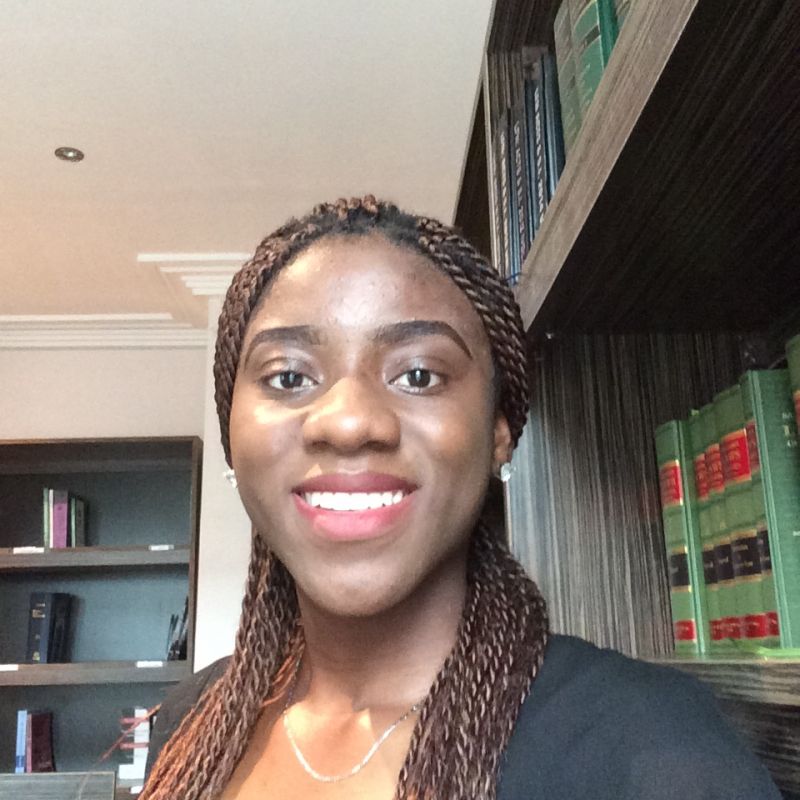
Football is a generally accepted sport. It is a sport that unites people of different races and persons from different walks of life. The love of the game brings joy and sadness depending on who is on the receiving end.
It is a very important aspect of Nigeria’s socio-cultural life. It impacts on many of the individual's precious personal mementoes and deepest values, male or female. An analysis of those actively involved in sports in Nigeria indicates that men constitute the greater number either as players, coaches, or as administrators. In spite of Nigeria's ethnic, culture and religious diversity, a constant theme seems to run through the society as regards the traditional place of women: her traditional place is in the home. Her ideal role is associated with child bearing, rearing and house-keeping. Nigeria is, therefore, a society in which the experience and values of men predominate.
The low involvement of women in sports is not due to the lack of interest by women. It is due to the long history of direct, and indirect systemic forms of discrimination and stereo-typing as well as many other problems that women have to contend with. If Nigeria is to fulfil her aspiration of being amongst the top sporting countries of the world, the issue of women participation in sports must be successfully addressed. The involvement of women in sports should be one of our priorities in nation building.
It is rather disappointing that women in football are given little or no encouragement even when they have won more laurels for the nation than the men at all international levels. The situation is the same from the grassroots to the federal level. No wonder there are a few role models for young girls who have an interest in football to look up to. I can rightly say I was in the same boat as the young girls until I gave up the dream. Our ladies have never disappointed their teeming supporters who believe in them. They have really brought joy to football supporters and indeed all Nigerians since the inception of female football in the country.
The disparity experienced by women can be linked to the following bottlenecks;
REWARD/REMUNERATION/ALLOWANCES
Whereas the women have won a lot of laurels at various levels, their rewards have not seemingly matched their success. They still don’t receive as much as the men who do not match the same feat in the same category of competition. The same goes for the women league. Sponsorship is not something associated to it. Little or nothing is ever heard about the league. It would be recalled that in the 2010 season of the women Pro-League, 9 games were played out of 9 but the Super 6 to determine the champions of the league was not played and the season ended without a champion.
The Falcons have won trophies during the hardest and most trying times in Nigerian football. They have been proper ambassadors who rise up to the occasion. They play with all their hearts even when their bonuses are not paid. Recall what their male counterparts did when they had issues with their bonuses during the FIFA Confederation Cup in Brazil? Yet nothing is done to encourage these women and the men are seen as super men.
SOCIO-CULTURAL AND ETHNIC FACTORS
Psycho-social and cultural factors which exert pressure on women through the immediate family, community, religion, media, peer groups and other sources of socialisation to reinforce expected behaviour and teaching of gender roles. Sports is an exemplary activity which focuses attention on the gender influence by allowing for the comparison of innate against learned factors. Sports, traditionally, is defined as a male domain. Excellence in sports is an attribute cherished for men whilst it is seen as a distraction for women. As Africans and Nigerians, a woman’s place is in the kitchen. Only very enlightened families support their female children to take a career in sports and the percentage of these families is not even enough. This was one of the issues highlighted by Asisat Oshoala during her recent address at FIFA.
HEALTH FEARS
It is the general perception that women who are in involved in football are most likely to face series of health problems. A lot has been said about the detrimental effects it has on the respiratory organs and loss of femininity through active participation. A large amount of research into the extent to which sports and physical activity have any impact on the body has shown that involvement in regular physical activity enhances physical and mental health and well-being, including among women and girls. Current research indicates that regular physical activity may decrease or slow down the onset of osteopenia and osteoporosis in women. Regular physical activity coupled with a calcium-rich diet can increase bone mineral density, reducing the risk of developing bone disorders and fractures among older women. Strong evidence supports the role regular exercise can play in controlling levels of fat, reducing the risk of lung and breast cancers.
The fact is that football is a contact sport and both male and female are likely to face the same type of injury. This can be taken care of with the right treatment.
DEARTH OF MEDIA COVERAGE AND AWARENESS
According to Perderson (2002) the media is the one of the most influential forms of socialisation in today’s society in generating gender values. Indeed, the media has taken over our daily activities and ideologies. The media is as guilty as other factors. It has not done its bit in promoting the women. Its coverage is rather shallow compared to that of men. Little or nothing is known about the competitions the women are involved in. Even when known, it is either that there isn’t television coverage for it or it is played at odd hours when it is less likely to amass viewers. Furthermore, the women league is rarely ever discussed or analysed on TV or radio.
POLITICAL TUSSLES
The politics and power control in football in Nigeria constitutes a significant constraint to women participation in football. This is because men wield a great deal of power over the development and management of female football. Moreover, men constitute a large presence in female football management and administration. The input by women in the formulation of policies for the development of female sports is, therefore, insignificant. This is also true in the allocation and use of resources to implement policies and programmes designed for the development of women football. Women are rarely employed to take up decision-making roles. They are at the peripheral contributing little. One can only learn by experience and this is why the non-inclusion is unfathomable.
LACK OF SPONSORS
With the level of success of the Super Falcons, one would think that there would be a plethora of sponsors knocking on their doors but the reverse is the case.
Success, they say, begets success, so it is worrisome that no telecommunications company or any high profile company has deemed it fit to use more female players to endorse their products taking into consideration the pride they have brought our dear nation. Is it that these companies did not see these successes or it is because they are not Jay Jays or Kanu Nwankwos? Players like Asisat Oshoala and Desire Oparanozie are reigning sensations in the country at a time we cannot boast of any of their male counterparts making exploits, yet there is no single advert on television or anywhere with their names on it.
Notwithstanding the above-mentioned problems, all hope is not lost. There is room for improvement. In pursuit of gender equality in the field of sports and football in particular in Nigeria, government at all levels, in collaboration with relevant international agencies, women advocacy groups, NGOs, sports associations and other stakeholders, should create an enabling environment for unfettered participation by women in sports and its management in Nigeria. Similarly, those factors which militate against women, especially in the areas of leadership, policies, structure, programmes, training, resource allocation, education, training, publicity, welfare and health issues, must be eliminated. The attainment of gender equality in sports will afford Nigeria the opportunity to actualise the vast potential that Nigerian women constitute.
Some research using the concept of self-esteem suggests that girls and women who participate in sport and physical activity in both developed and developing countries demonstrate higher self-esteem as well as improved self-perception, self-worth, self-efficacy and so on.
These improvements are associated with enhanced feelings of accomplishment, perceptions of improved physical appearance and commitment to exercise. Evidence shows that involvement in organised sports activities helped to enhance girls’ sense of agency, self-empowerment and personal freedom. They do not have to depend on men to have a sense of belonging.
•Chisom Enebe, whose photo appears alongside this piece, is a Lagos-based lawyer and sports analyst. She can be reached through somiekeyz@yahoo.com
Source Daily Sports
Posted April 30, 2016
You may also like...

Salah set for comeback in Egypt’s opener against...

Hamilton Among 12 F1 Drivers Boycotting Social Media...

Manchester City Return Will Be Strange But Special...
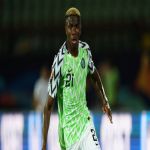
Ighalo: Osimhen Is The Future Of Nigerian Football...
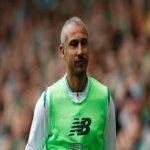
Henrik Larsson Joins Koeman’s Barca Coaching Staff
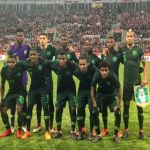
Sports Minister Orders Overhaul Of Super Eagles

 Six Nigerian stars secure Champions League knockout spots
Six Nigerian stars secure Champions League knockout spots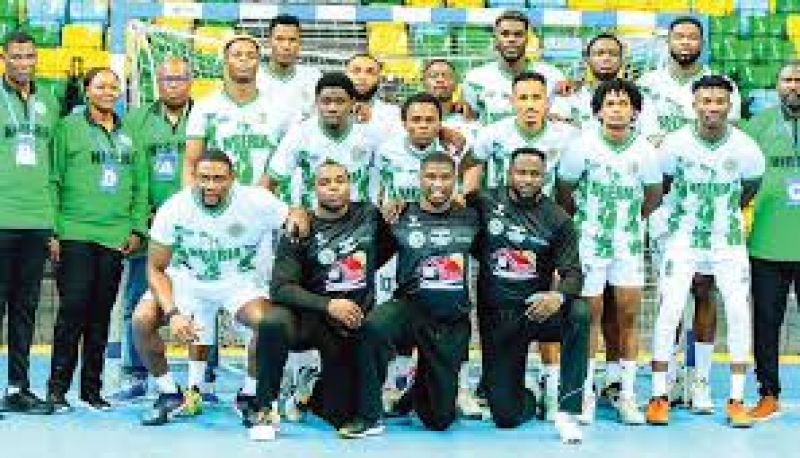 Nigeria battle Guinea for handball World Cup ticket
Nigeria battle Guinea for handball World Cup ticket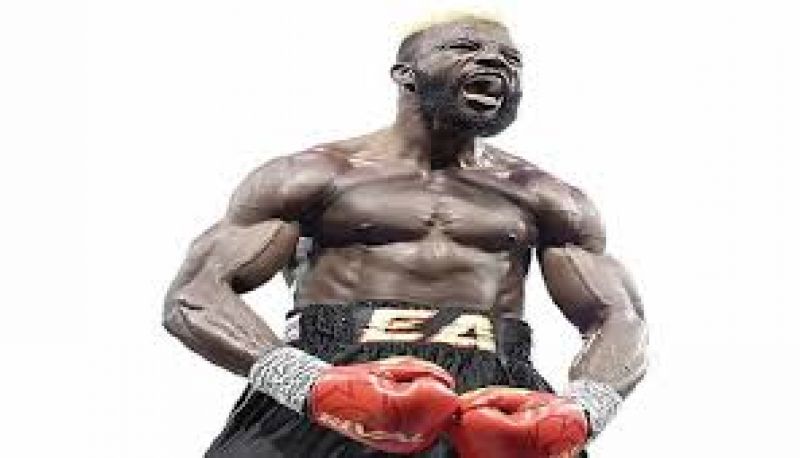 Ajagba steps up prep for Martin fight
Ajagba steps up prep for Martin fight AFCON 2025 Final Fallout: CAF Suspends Coach, Players, Fines Two Federations
AFCON 2025 Final Fallout: CAF Suspends Coach, Players, Fines Two Federations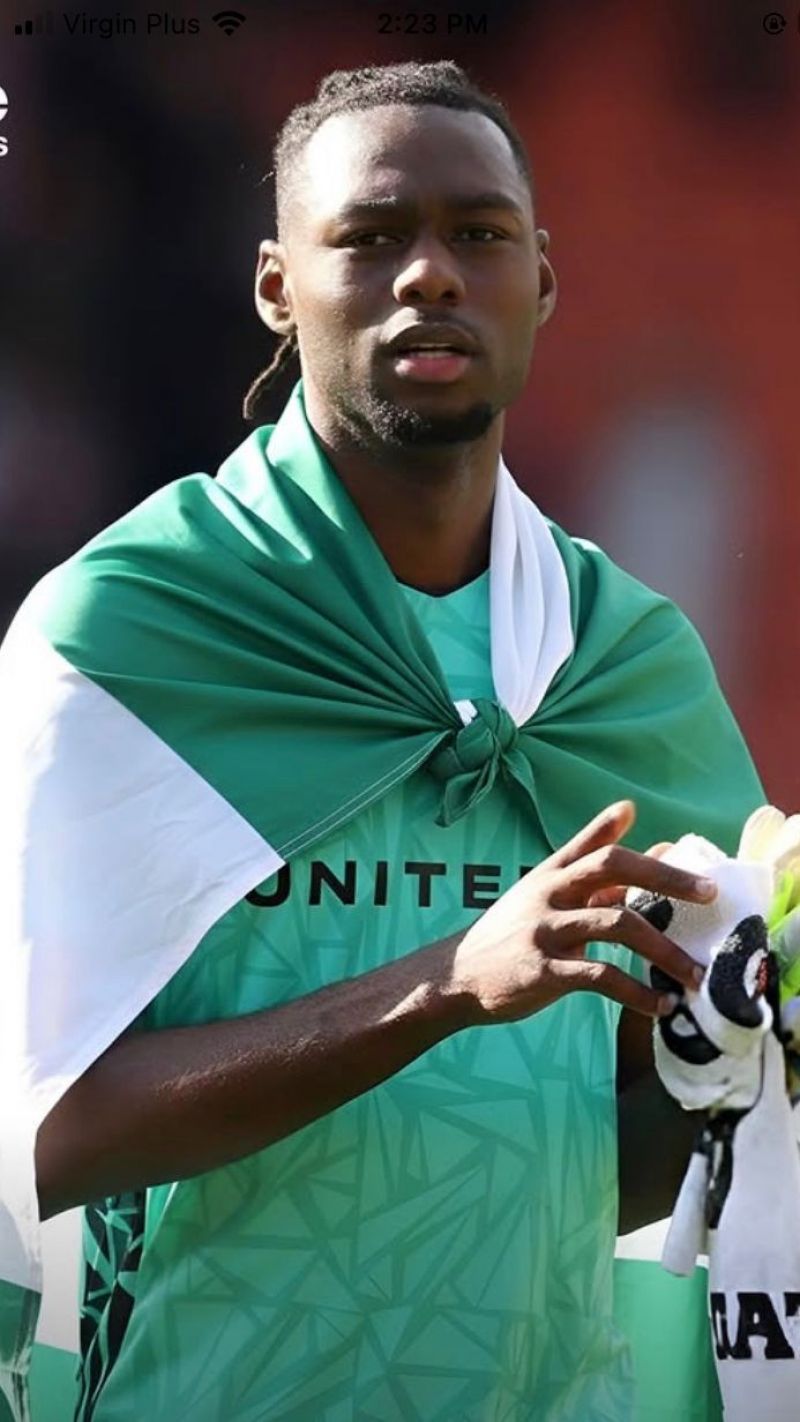 Chelle List Requirements For New Players To Be Part Of Super Eagles, Confirms New Goalkeeper
Chelle List Requirements For New Players To Be Part Of Super Eagles, Confirms New Goalkeeper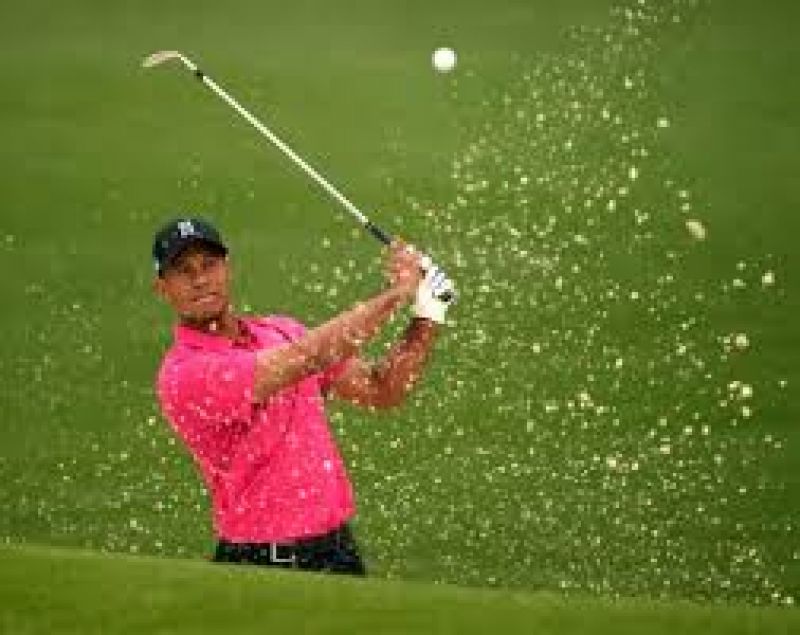 Runsewe reveals why Tiger Woods Nigeria visit failed
Runsewe reveals why Tiger Woods Nigeria visit failed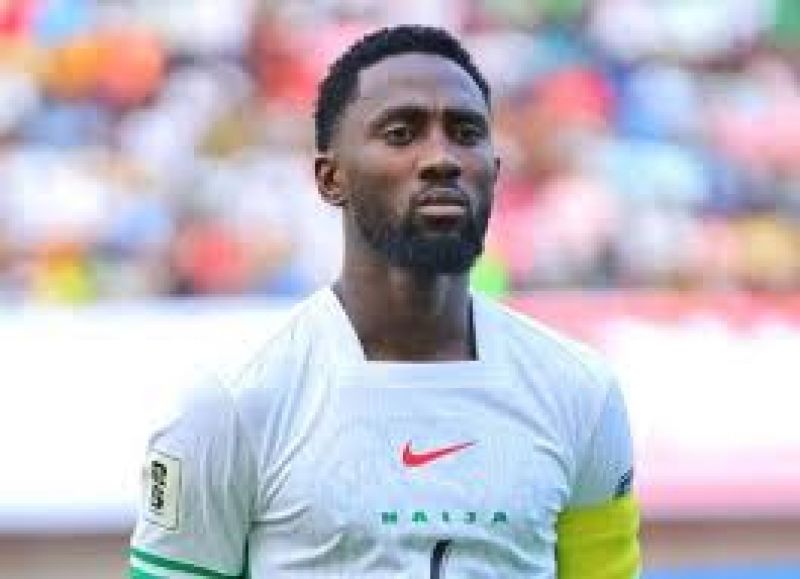 Ndidi recalls final chats with late dad
Ndidi recalls final chats with late dad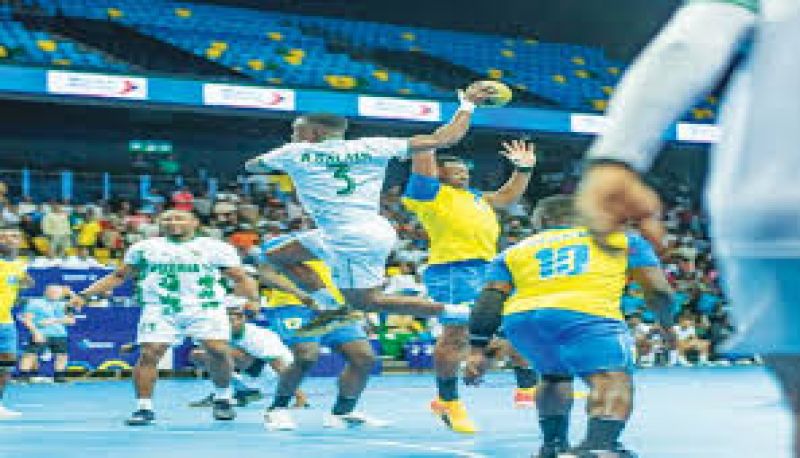 Egypt dump Nigeria out of Africa Handball champs
Egypt dump Nigeria out of Africa Handball champs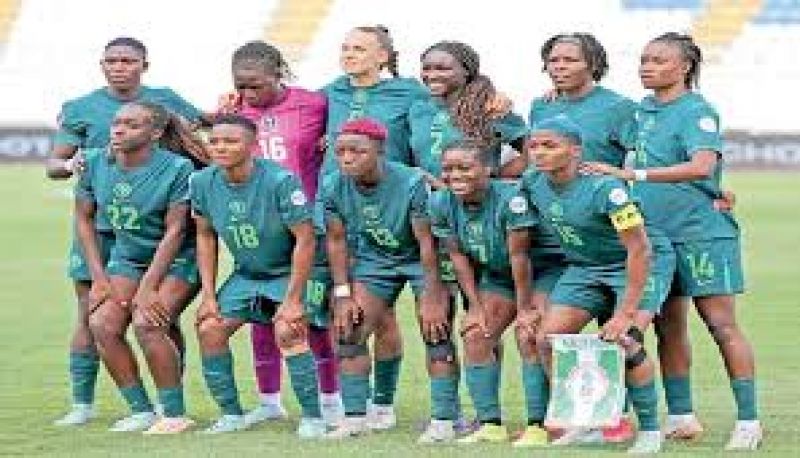 Falcons to play pre-WAFCON tourney in Abidjan
Falcons to play pre-WAFCON tourney in Abidjan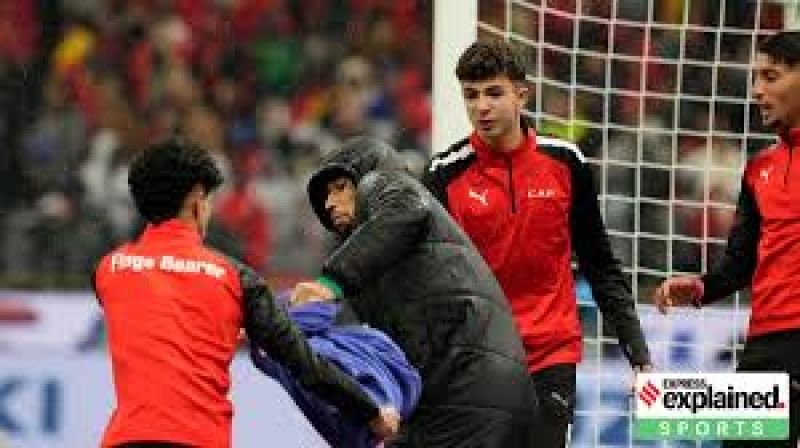 ‘CAF may ban towels after AFCON row’
‘CAF may ban towels after AFCON row’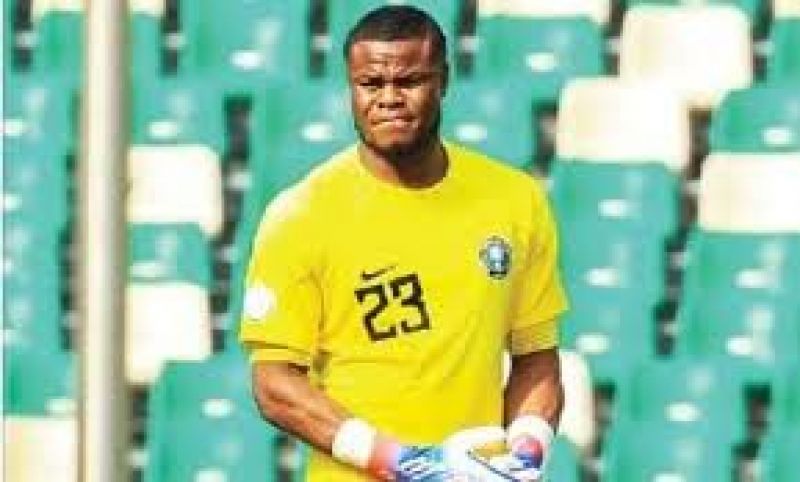 Simba open Nwabali talks
Simba open Nwabali talks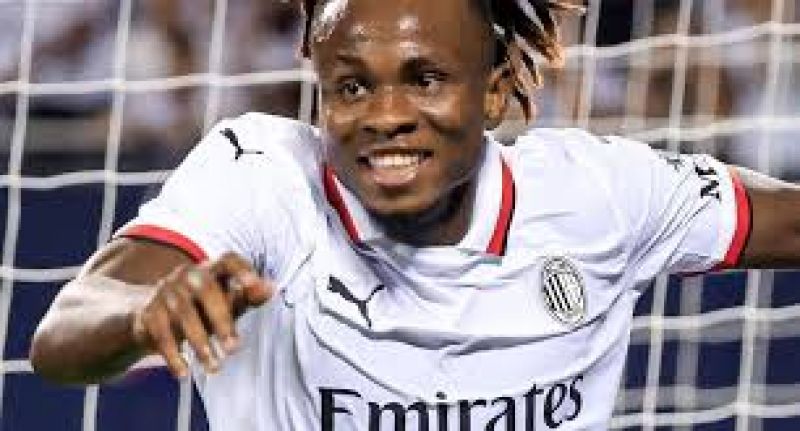 Fulham goal thrills Chukwueze, praises Silva
Fulham goal thrills Chukwueze, praises Silva Rangers International going, going . . . (63,498 views)
Rangers International going, going . . . (63,498 views) Amaju Pinnick: A cat with nine lives (54,797 views)
Amaju Pinnick: A cat with nine lives (54,797 views) Second Term: Amaju Pinnick, Other NFF Heavyweights Home to Roost •How Pinnick Broke the Jinx (52,693 views)
Second Term: Amaju Pinnick, Other NFF Heavyweights Home to Roost •How Pinnick Broke the Jinx (52,693 views) Current issues in Nigerian sports: Matters arising (52,348 views)
Current issues in Nigerian sports: Matters arising (52,348 views) Sports Development: Zenith Bank on the zenith (52,282 views)
Sports Development: Zenith Bank on the zenith (52,282 views) Missing $150,000 IAAF Grant: Solomon Dalung’s Hide and Seek game (52,193 views)
Missing $150,000 IAAF Grant: Solomon Dalung’s Hide and Seek game (52,193 views) Gov. Abdullahi Ganduje’s solid footprints, commitment to sports development in Kano State (52,062 views)
Gov. Abdullahi Ganduje’s solid footprints, commitment to sports development in Kano State (52,062 views) NFF Presidency: Pinnick, Maigari, Ogunjobi, Okoye in Battle for Supremacy (51,615 views)
NFF Presidency: Pinnick, Maigari, Ogunjobi, Okoye in Battle for Supremacy (51,615 views) Olopade, BET9A wave of revolution in NNL (50,790 views)
Olopade, BET9A wave of revolution in NNL (50,790 views) Commonwealth Games 2018: Shame of Muhammadu Buhari, Solomon Dalung (49,318 views)
Commonwealth Games 2018: Shame of Muhammadu Buhari, Solomon Dalung (49,318 views) Ibrahimovic’s Man U exit: Whose decision is it? And in whose interest? (47,709 views)
Ibrahimovic’s Man U exit: Whose decision is it? And in whose interest? (47,709 views) John Mikel Obi: Segun Odegbami’s Outrageous Call! (47,178 views)
John Mikel Obi: Segun Odegbami’s Outrageous Call! (47,178 views)